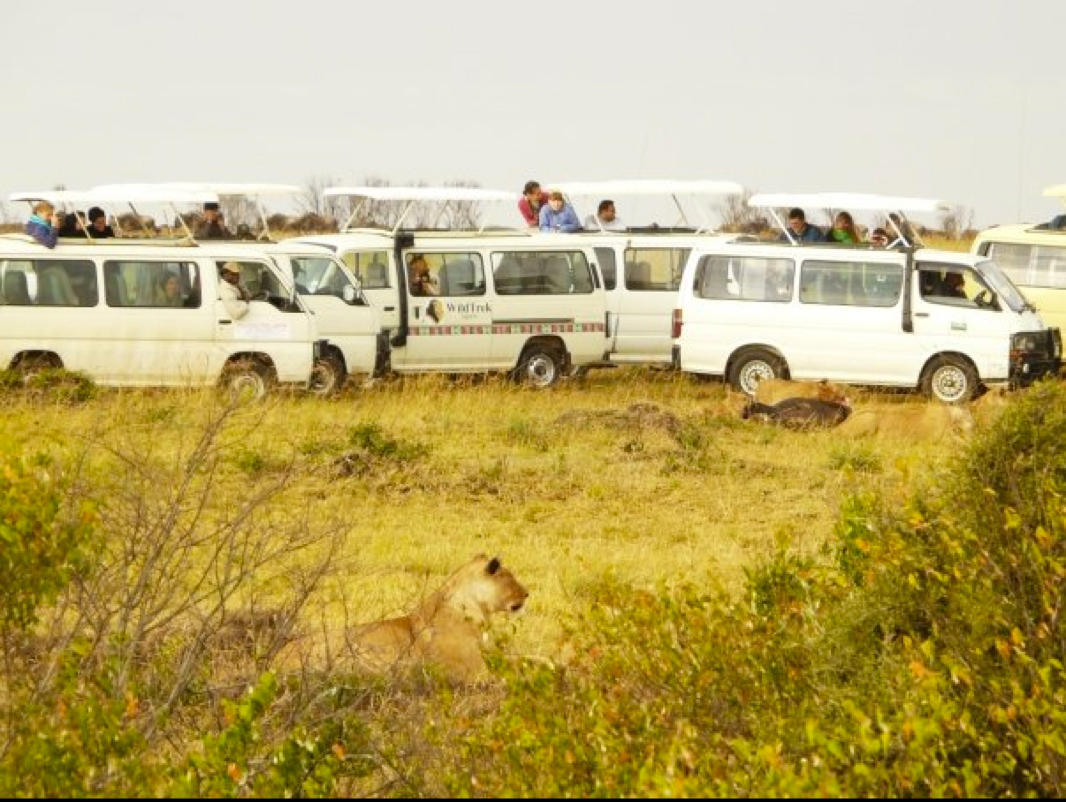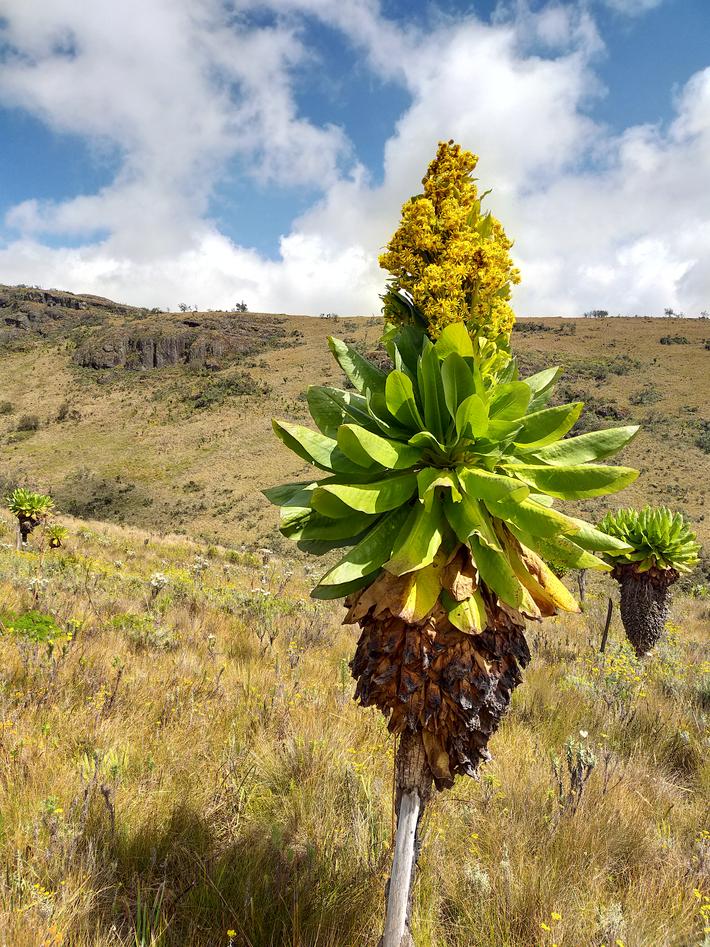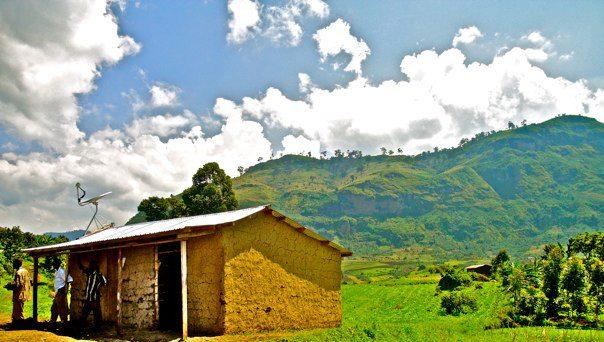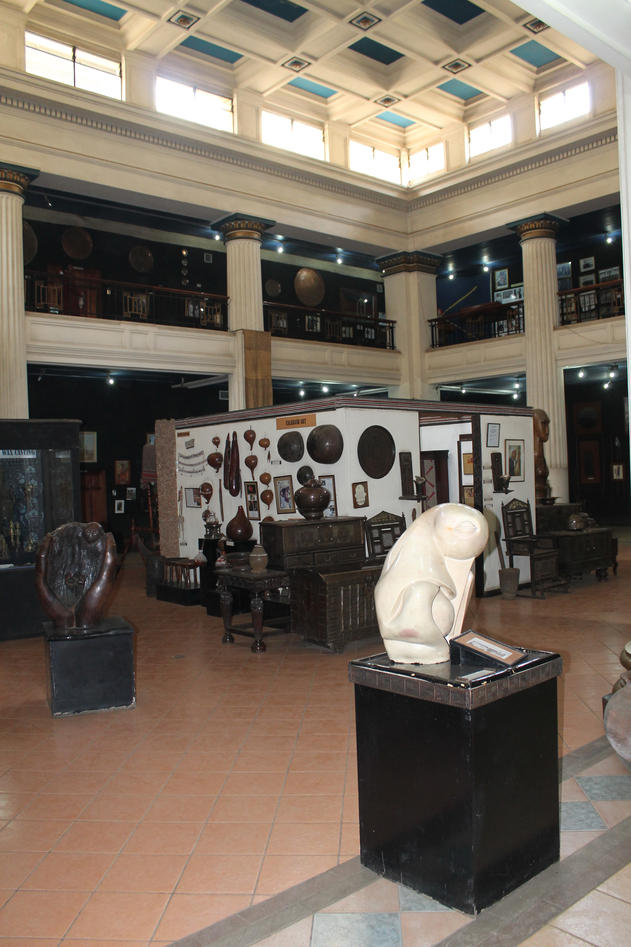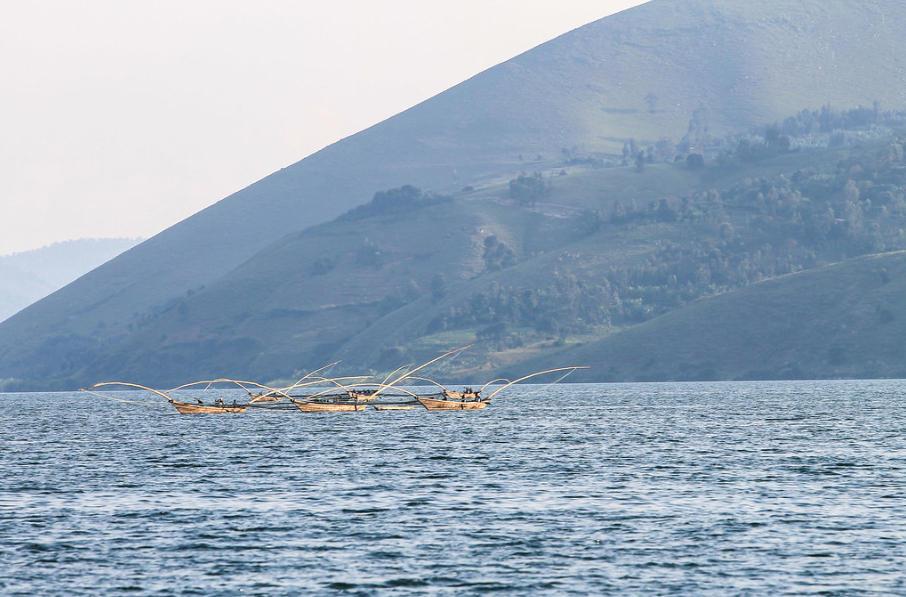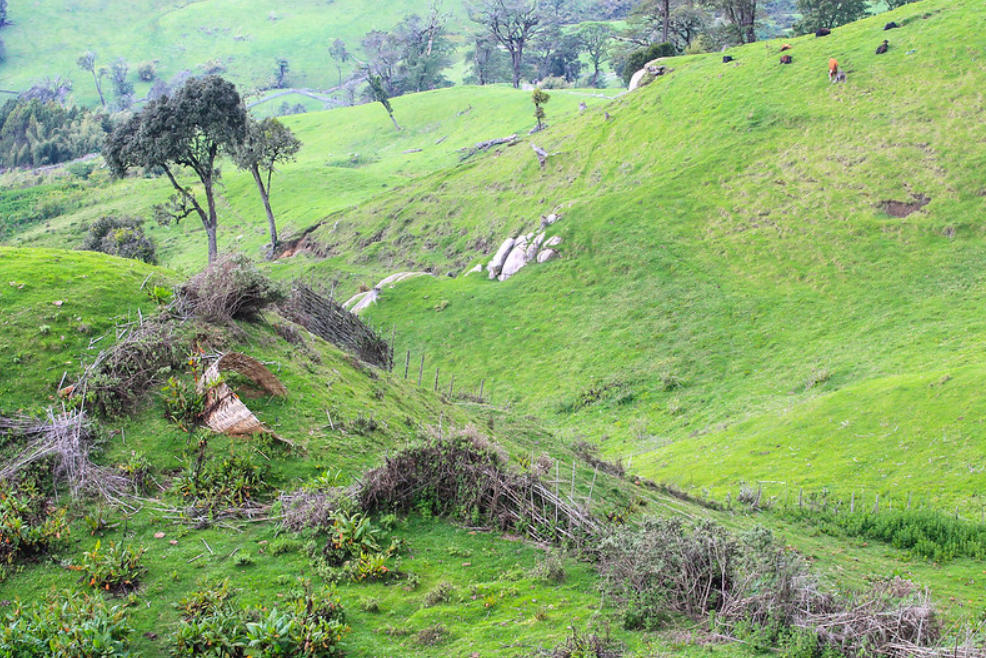Connor Joseph Cavanagh as supervisor
Connor Joseph Cavanagh is a supervisor of master projects in human geography, political ecology, and agri-environmental governance.

Main content
Research interest
My research interests cohere at the interface of critical human geography, political ecology, and agri-environmental governance. My primary empirical work from 2009 to date has been carried out in East Africa (Uganda and Kenya), but I am also a member of ongoing collaborative projects involving field sites in Tanzania and India.
In general, I believe strongly in the value of interdisciplinary and mixed-methods research on the drivers and consequences of land use change and environmental change processes. My research and publications to date have focused on three core areas:
- the political ecology of conservation, agricultural development, and environmental management interventions, as well as their intersection with new schemes for the economic valuation of carbon sequestration or other ecosystem services
- the co-evolution of property regimes for the ownership of natural resources with (post-)colonial classification systems for categorizing both landscapes and human populations in Sub-Saharan Africa, particularly from the late nineteenth century into the present
- the exploration of contemporary problems in global environmental governance vis-à-vis the conceptual tools of critical human geography, with a focus on identifying alternative pathways towards socially and environmentally just solutions to pressing environment and development challenges
In addition to the fieldwork that I have conducted on these issues, there is also a historical-geographical thread to my empirical research. This draws upon primary sources from both British and East African archival collections, as well as upon oral histories, to examine the evolution of these and related phenomena over time.
Supervision procedure and pedagogical approach
Pedagogically, I am a firm believer that individual curiosity ultimately lies at the core of all truly meaningful learning, and therefore also at the foundation of robust study designs in academic research. In my view, this is true for Master thesis projects as well as other forms of scholarly inquiry. I therefore encourage students to identify, cultivate, and pursue their own research interests or “passions” to the fullest extent possible throughout the process of designing, planning, and implementing Master research projects.
That said, a mutually synergistic alignment of research interests is often an important part of the most productive supervisor-supervisee working relationships. I am therefore somewhat deliberate about accepting supervision requests that resonate strongly with my core areas of conceptual, methodological, and/or empirical interest, though I am also open to requests that might extend these in promising ways. At present, I welcome supervision requests from Master students on topics that intersect with one or more of the below or closely related themes:
- Political ecology
- Agricultural development, rural transformation, and agrarian change
- Property rights, tenure, and ownership regimes for land and natural resources
- Land use change, land and food system governance, agriculture-forestry or agriculture-conservation interfaces
- Formalisation, informalisation, bureaucratisation, and “corruption” in environmental governance
- Conservation and development, protected area-community relations, the "conservation revolution" and politics of alternative conservation models
- Degrowth, post-growth, and various other "alternative sustainabilities"
- Colonialism, postcolonialism, and decolonisation, particularly with respect to land and resource management
- Inequality, socio-environmental justice, and environmental change adaptation/mitigation
- Uneven development, "green capitalism", and historical-geographical materialism
- Biopolitics, "green governmentality" or environmentality, and geographical engagements with the work of Michel Foucault
- African and East African studies; politics of citizenship and belonging; authority, identity, and territory relations
- Historical geography and environmental history (particularly in Commonwealth or former “British empire” empirical settings, or drawing upon English-language archival collections)
- Historical geographies of (post-)colonial science, disciplinary/academic geography, geographical exploration, and the evolution of related scholarly associations (e.g. the Royal Geographical Society or Royal Anthropological Institute).
- Interdisciplinarity, epistemological pluralism, and mixed-methods research
If you are interested in making a supervision request, please send me an email (Connor.Cavanagh@uib.no) with a brief introduction to your research interests and background. This should include a similarly brief (max. 500 words) description of your provisional ideas for a topic and methodological orientation. The description should make clear how your topic intersects with or speaks to one or more of the themes identified above. If appropriate, we can then schedule an appointment or Zoom meeting to discuss further possibilities for working together.
